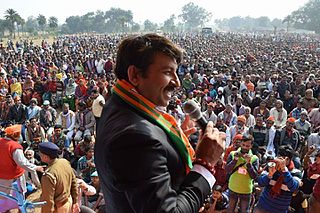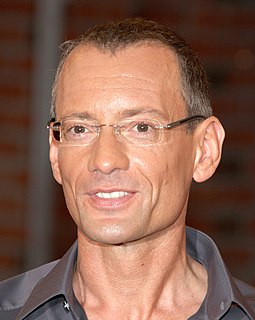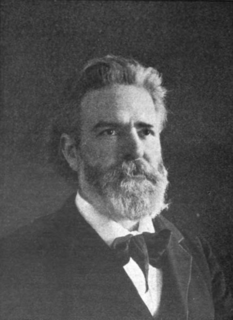A Quote by Manoj Tiwari
Farmers were 'unable to develop their landholdings due to many restrictions. We passed the land pooling policy so they can plan to build infrastructure - with the help of private builders too.
Related Quotes
In the earliest years of the AIDS crisis, there were many gay men who were unable to come out about the fact that their lovers were ill, A, and then dead, B. They were unable to get access to the hospital to see their lover, unable to call their parents and say, 'I have just lost the love of my life.'
If we look at Germany's infrastructure policy, it has been driven by its mission-oriented focus on green infrastructure. This affects both innovation and infrastructure, old industries and new. The German steel industry, for example, has adapted to the policy by lowering its material content through a 'repurpose, reuse and recycle' strategy.
On the one hand, the Republicans are telling industrial workers that the high cost of food in the cities is due to this government's farm policy. On the other hand, the Republicans are telling the farmers that the high cost of manufactured goods on the farm is due to this government's labor policy. That's plain hokum. It's an old political trick: "If you can't convince 'em, confuse 'em." But this time it won't work.
For countries such as Kenya to emerge as economic powerhouses, they need better infrastructure: roads, ports, smart grids and power plants. Infrastructure is expensive, and takes a long time to build. In the meantime, hackers are building 'grassroots infrastructure,' using the mobile-phone system to build solutions that are ready for market.
Despite my deep misgivings about austerity and the harm it would do, I agreed to chair the national infrastructure commission under a Tory government, because I believed that delivering infrastructure investment could help build a brighter future for businesses and families. I am a pragmatist. I do what works.
Mr. Trump wants to turn the U.S. economy into the kind of real estate development that has made him so rich in New York. It will make his fellow developers rich, and it will make the banks that finance this infrastructure rich, but the people are going to have to pay for it in a much higher cost for transportation, much higher cost for all the infrastructure that he’s proposing. You could call Trump's plan "public investment to create private profit". That's really his plan in a summary.
Too many politicians seem to reach for 'infrastructure' as the default answer to investment, as if roads and bridges were the answer to everything. Even the IMF and the World Bank seem to mainly offer infrastructure spending as an alternative to austerity, although they are right to focus on the need for investment.
We've been following many forms of democratized ownership, starting with co-ops, land banks at the neighborhood level, municipal ownership and state ownership of banks - there's a whole series of these that attempt to fill the small-scale infrastructure that can build up to a larger theoretical vision.

































